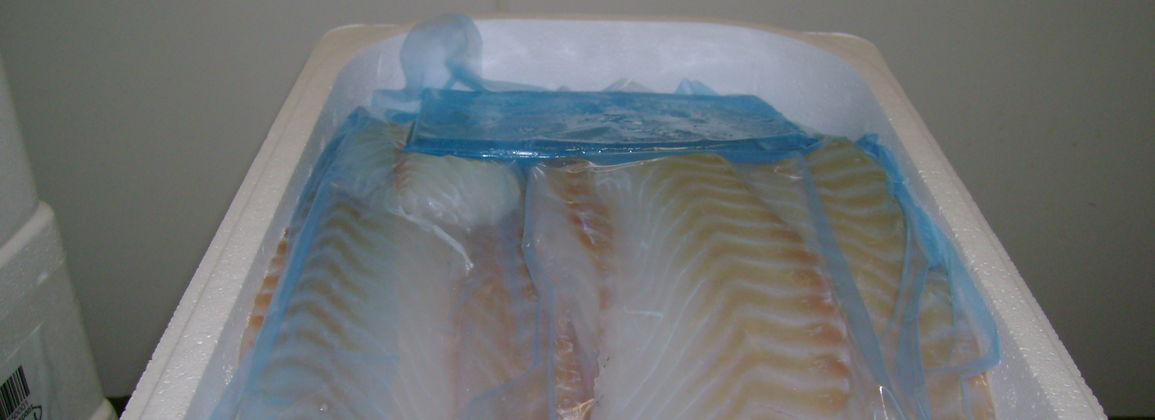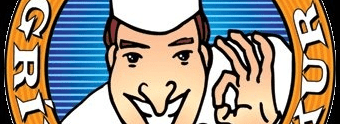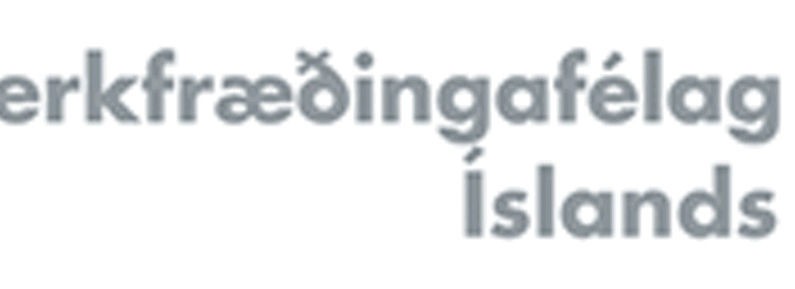Icelandic fjords: The natural ecosystem of Ísafjarðardjúpur and tolerance limits for pollution. Lokaskýrsla / Icelandic fjords: Natural biodiversity in Ísafjarðardjúp and pollution limits
Íslenskir firðir: Náttúrulegt lífríki Ísafjarðardjúps og þolmörk mengunar. Lokaskýrsla / Icelandic fjords: Natural biodiversity in Ísafjarðardjúp and pollution limits Meginmarkmið




